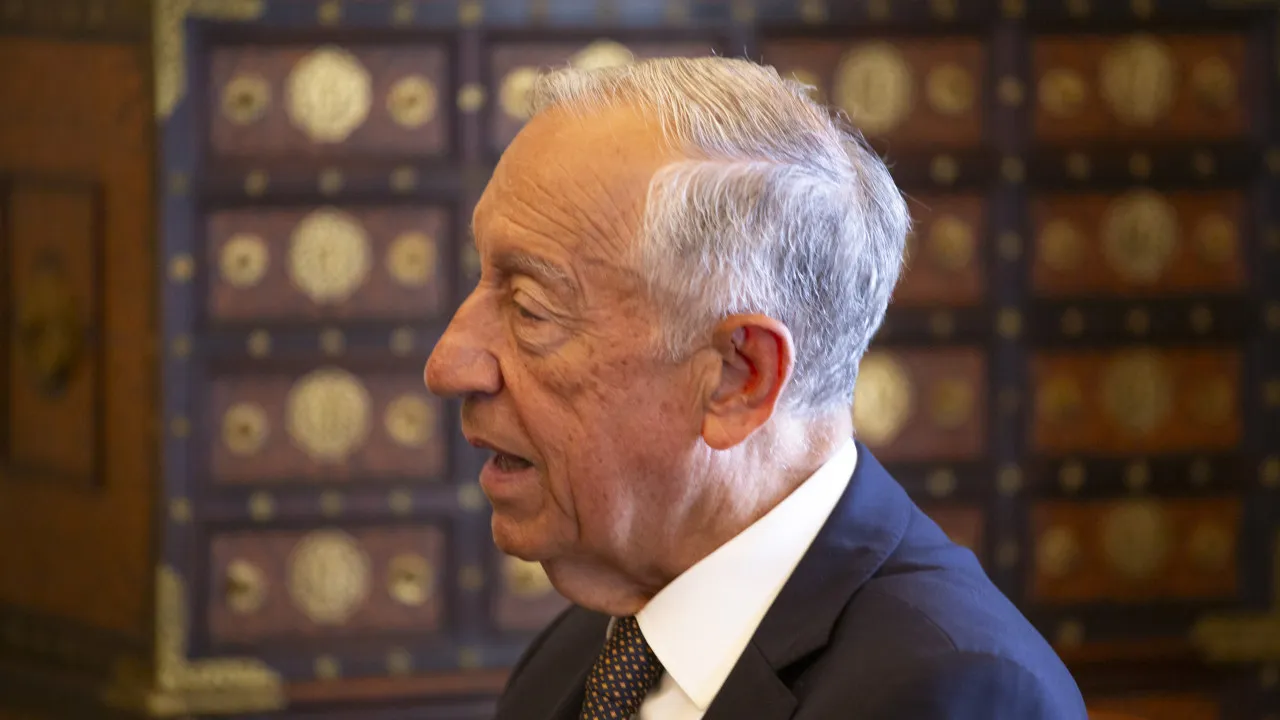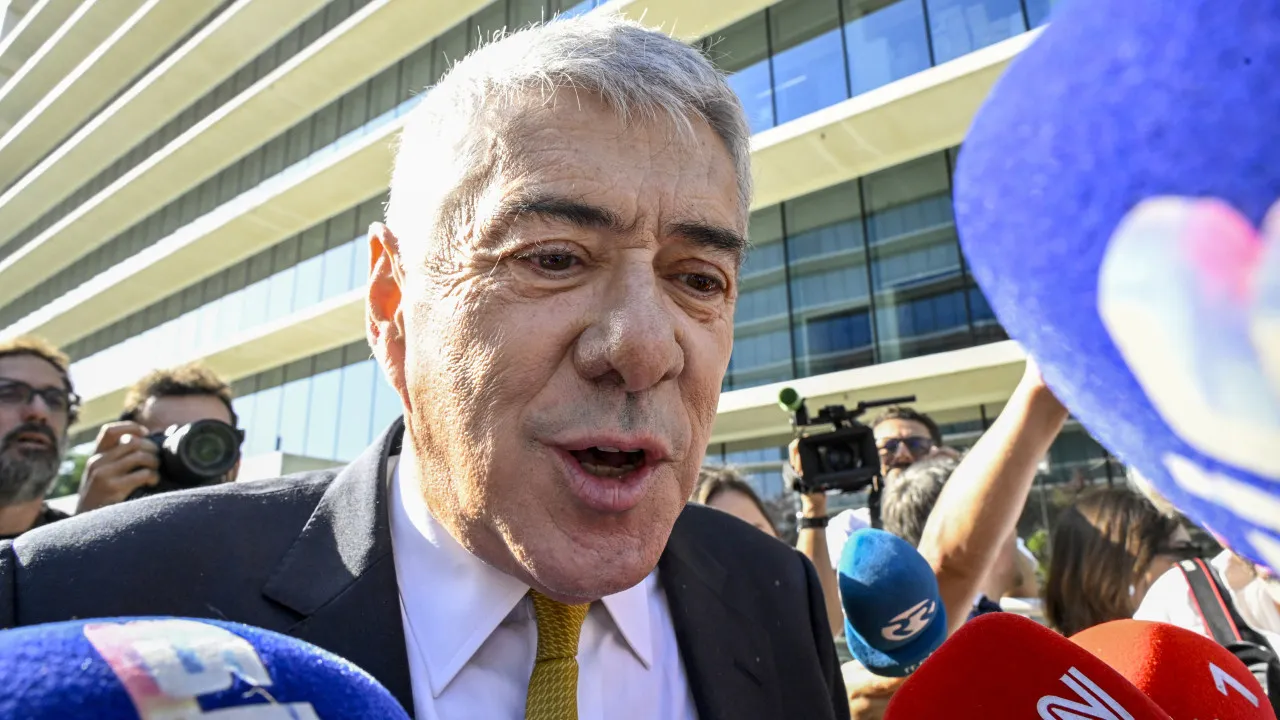
The President of Portugal, Marcelo Rebelo de Sousa, stated on Tuesday that the bolstering of medical emergency resources is both imminent and essential. He also mentioned that the involvement of the Air Force in emergency transport is a “temporary solution” addressing certain needs, while acknowledging some hospitals’ inability to accommodate various types of helicopters.
“There will naturally be an increase in medical emergency resources in the future,” Marcelo Rebelo de Sousa remarked to journalists at the Palácio Fronteira in Lisbon after attending the Maria José Nogueira Pinto Award ceremony.
The President asserted that the Air Force is “fulfilling a mission over a limited period of a few months” and noted that “several units are not prepared, not just for certain types of helicopters but for many helicopters.”
Highlighting priorities, the head of state stated that enhancing medical emergency resources is unavoidable. Simultaneously, a temporary solution of collaboration and Air Force involvement is in place to meet the emerging needs due to the lack of timely resource reinforcement “for administrative or bureaucratic reasons.”
Moreover, he pointed out that hospital units have always been present but were designed for another era, not aligning with current demands. “There is indeed a problem, which is that several hospital units are not prepared—not just for specific helicopters but for many, of various types and sizes,” he said.
“For now, it’s crucial that the contracting of reinforcement resources happens; that’s the first priority. The second priority is evaluating how the Air Force is performing with capacity across various parts of the territory, both on the mainland and in the autonomous regions, to address a completely new situation,” he noted.
According to the President, there will eventually be a need to consider hospital structures and their adaptation to more intense and systematic use of air resources, which has been unprecedented.
When asked if the Prime Minister should explain the situation regarding maternity care and air emergency resources, Marcelo Rebelo de Sousa did not respond directly but described the current situation as “very new,” resulting from delayed contracting.
In response to inquiries about any flaws in the tender, he explained, “From what I understood, there were bureaucratic reasons which led the matter to be released by the competent court only at the end of July, on July 31, so everything started on August 1, making it impossible to have resources on time.”
Additionally, the President refused to comment on the controversy regarding Chega’s public reading of foreign-origin children’s names, citing the importance of not interfering with parliamentary matters.
Regarding wildfires, he stated that “so far, there has been a very considerable capacity for prevention and response.”
Helicopters from the Portuguese Air Force have been engaged in medical emergency transport missions. This temporary solution was announced by the Government until Gulf Med provides the four helicopters for patient transport under the contract with the National Institute of Medical Emergency (INEM), which should have started on July 1.
The helicopters used by the Air Force include the Merlin EH-101, which are larger than those typically deployed by INEM, measuring nearly 20 meters in length and 18 meters in width, with a capacity for 30 passengers or 16 stretchers.
The Ministry of Defense stated yesterday that one of these helicopters, from the Montijo base, took 2 hours and 15 minutes to transport a 49-year-old patient with a cranial trauma from Castelo Branco to Coimbra, countering reports that the transport took over five hours, labeling them “false.”
In addition to four Air Force aircraft, Gulf Med provides, through a direct adjustment until the contract becomes effective, two Airbus helicopters stationed at the Macedo de Cavaleiros and Loulé bases, though they only operate during the day.
The contract between INEM and Gulf Med, a Malta-based company with a branch in Portugal, was awarded in March. It stipulates that four medium-sized helicopters will operate from 12:00 AM on July 1 until 11:59 PM on June 30, 2030.
The contract, valued at approximately 77.5 million euros, mandates that the aircraft and their crews be in a state of permanent and immediate readiness for 24/7 flights, which has not yet been actualized.
[Updated at 10:29 PM]




